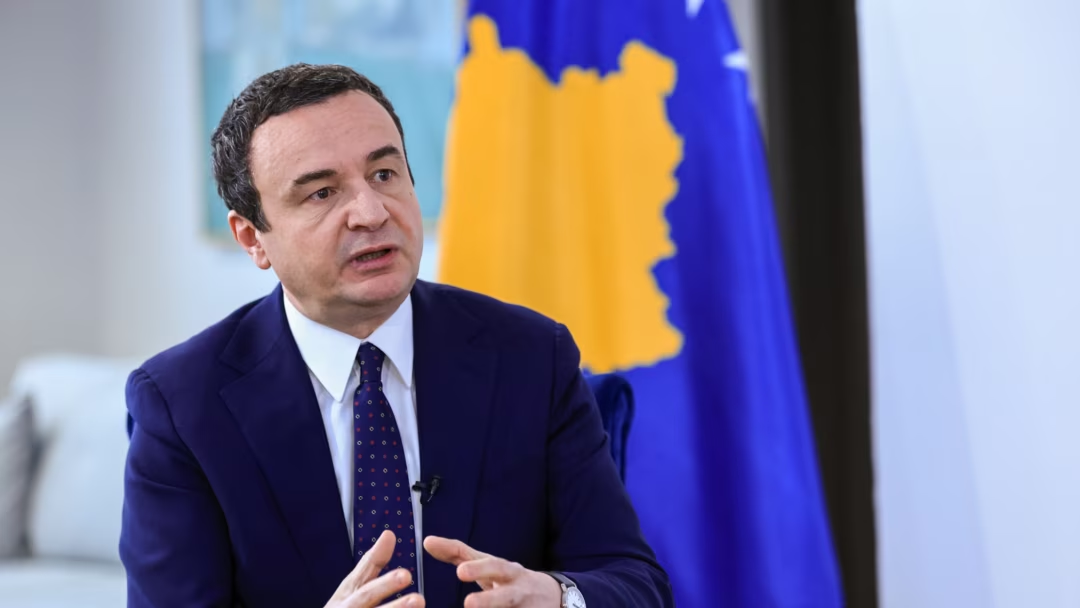Kosovo political deadlock deepens as LDK leader rejects Kurti’s coalition offer, proposes transitional government

Photo: Albin Kurti, Prime Minister of Kosovo.
Kosovo’s political crisis took a new turn on Monday as the leader of the Democratic League of Kosovo (LDK), Lumir Abdixhiku, rejected a governing coalition proposal from Acting Prime Minister Albin Kurti and instead called for the creation of a transitional government with all Albanian parties—until a new president is elected.
Why is this important: The refusal underscores the deepening institutional paralysis following Kosovo’s February 9 elections, which failed to produce a governing majority. Abdixhiku’s push for a temporary, broad-based government suggests growing concern over constitutional uncertainty and stalled parliamentary procedures.
Context: Kurti, in a letter sent to Abdixhiku over the weekend, argued that despite policy differences, the two parties have a precedent of cooperation and a shared voter base. “Coalitions are made between those who differ,” he wrote, “but who prioritize the needs of the state and the people.”
Kurti emphasized that Vetëvendosje has ruled out cooperation with the Democratic Party of Kosovo (PDK), suggesting LDK remains his party’s only viable governing partner. He warned that rejecting a coalition would lead to another round of elections, likely producing similar results and forcing the same conversation again.
However, at a press conference in Prishtina, Abdixhiku confirmed receiving Kurti’s written invitation for talks but said he would not meet with the Vetëvendosje leader. “The country is in institutional crisis,” he said. “LDK believes a national transitional government is the only viable solution until a new president is elected.”
Citing “four years of stagnation, endangered alliances, and national security risks,” Abdixhiku said cooperation with Kurti was not possible and called for a reset of Kosovo’s political process.
What else: The deadlock follows multiple failed attempts to convene a new parliament. The acting government remains in place, and the Constitutional Court has not ruled out the need for fresh elections if a stable majority cannot be formed.


